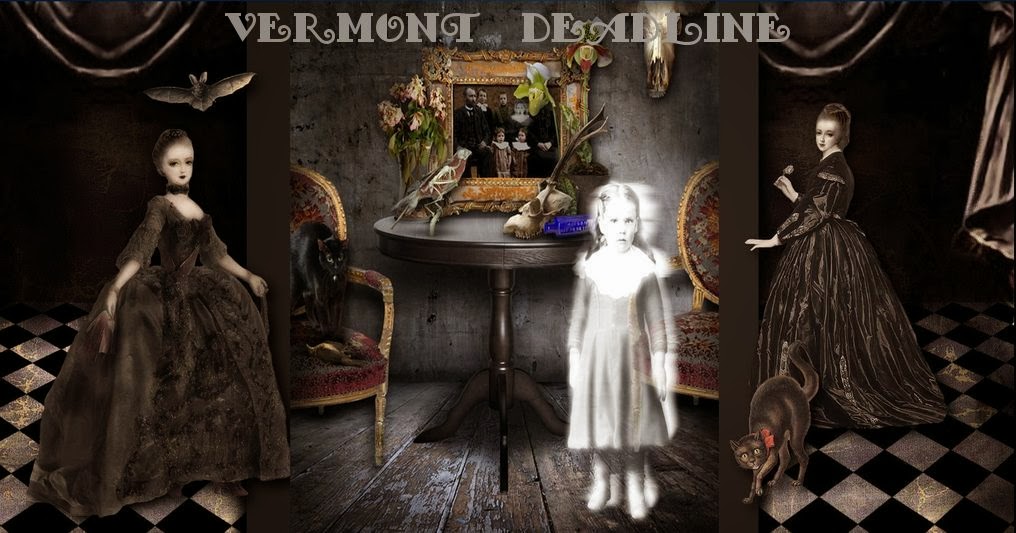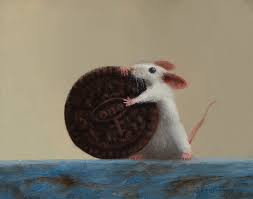 |
| Image credit: santiagocaruso.com |
"Ole Worm" , born Aarhus, Jutland, Denmark, 13 May 1588; and died in Copenhagen, Denmark, 7 September 1654, [source: encyclopedia.com] is also called Olaus Wormius, which is the Latin spelling of his name. H.P. Lovecraft used his name, and referred to Olaus Wormius as one of the translators of necromancy in his fictional short stories.
 |
| Image credit: pinterest / jmhs.com |
Ole Worm was a Danish physician, and antiquary, a linguist and a life long student of [natural] science. During the [end] period of "Black Death", he remained in Copenhagen to serve as King Christian IV of Denmark's personal physician, and administered care to those who had succumbed to the illness during this epidemic.
 |
| Image credit: every-day-is-special.blogspot |
 |
| Image credit: library.wisc.edu |
Worm is credited for his wonderful collection of illustrations (copper-plated engravings) of rare birds, which have attracted the attention from various historians around the world. Worm's book "Museum Wormianum" (which is a 1655 account of these collected illustrations) are still examined for the study of extinct species.
 |
| Image: painted in 1636, by Frans Franken (detail) |
Most significantly, Ole Worm was utterly and endlessly fascinated with curiosities. He would take items from their natural habitat (collecting both natural and scientific objects), and put them on display in a room in his home. He then invited the public to view his curiosities. By this act, he is credited with becoming one of the first people who created what is known today, as a "museum". His collections were/are referred to as "Cabinets of Curiosities", which contained fascinating items like taxidermied animals, bones, rocks, fossils, engravings, exotic objects, scientific devises and antiques. Prior to his museum, some people of wealth collected strange items and privately displayed them in their homes, as a way to demonstrate their social status.
 |
| Image credit: tumblr |
Today, there is a new surge of interest, as curiosity cabinets (in large or small scale) are still being produced, by artists and collectors, [for example] who enjoy exhibiting oddities and curiosities.
 |
| Image credit: mysticism/pinterest |
I feel the need to put into perspective that one must consider this particular time period, and you will realize that mysticism and science were frequently in conflict, yet paralleled one another, as various studies brought forth more logical explanations of what may have been previously thought of as magical or pagan in it's original essence. Elements of the occult or the supernatural seemed to be simultaneous with science.
 |
| gif source: tumblr |
For instance, Ole Worm debunked the unicorn's existence by demonstrating that what people had collected as unicorn horns were actually those of narwhal tusks. He did this by showing the creatures bones attached to the tusk. Yet, in a strange contention with his own philosophy of demystifying the existence of the unicorn, he had the unnatural notion that a unicorn's horn held some medicinal value.
 |
| Image credit: worldwildlife.com |
There was an existing belief that a unicorn's horn could be used to neutralize poison or cure diseases and even resurrect the dead. Using small pets, he would experiment by grinding a narwhal horn and administering it to these creatures. The result was that rodents survived and recovered. Please note: No other facts could be found to expound on this information.
 |
| Image credit: tumblr |
Ole Worm also collected early literature in the form of Scandinavian rune stones, and texts written in runic language. The King of Denmark, and Bishops from Denmark and Norway, deeply approved of his research, which resulted in his publication of "Fasti Danici", also known as the "Danish Chronology," which contained the results of his transcribed research of runic lore.
 |
| Image credit: en.natmus.dk |
In 2008, Glyn Daniel, of encyclopedia.com, wrote:
"In 1639 a gold horn was discovered in Jutland: and Worm, with his great knowledge of runes and antiquities, was asked to described and study it; he did so, publishing De aureo cornu in 1641. This gold horn, and another discovered a hundred years later, were stolen from the royal collections in 1802 and destroyed. Worm’s account of the horn, and the runes and designs on it, are therefore of great importance."
 |
| Image credit: santiagocaruso.com |
In closing, I am saddened to read of the original golden horn's destruction, but joyous to report that I have discovered a new word, (below) as the result of completing this blog post, and want to share it with you:
.... Thank you, Ole Worm.
"Wunderkammer" [noun]. A place where a collection of curiosities and rarities is exhibited.
[Word Source: OxfordDictionaries.com]
Vermont Deadline, is published by Denise Goodwin
September 17, 2016






























